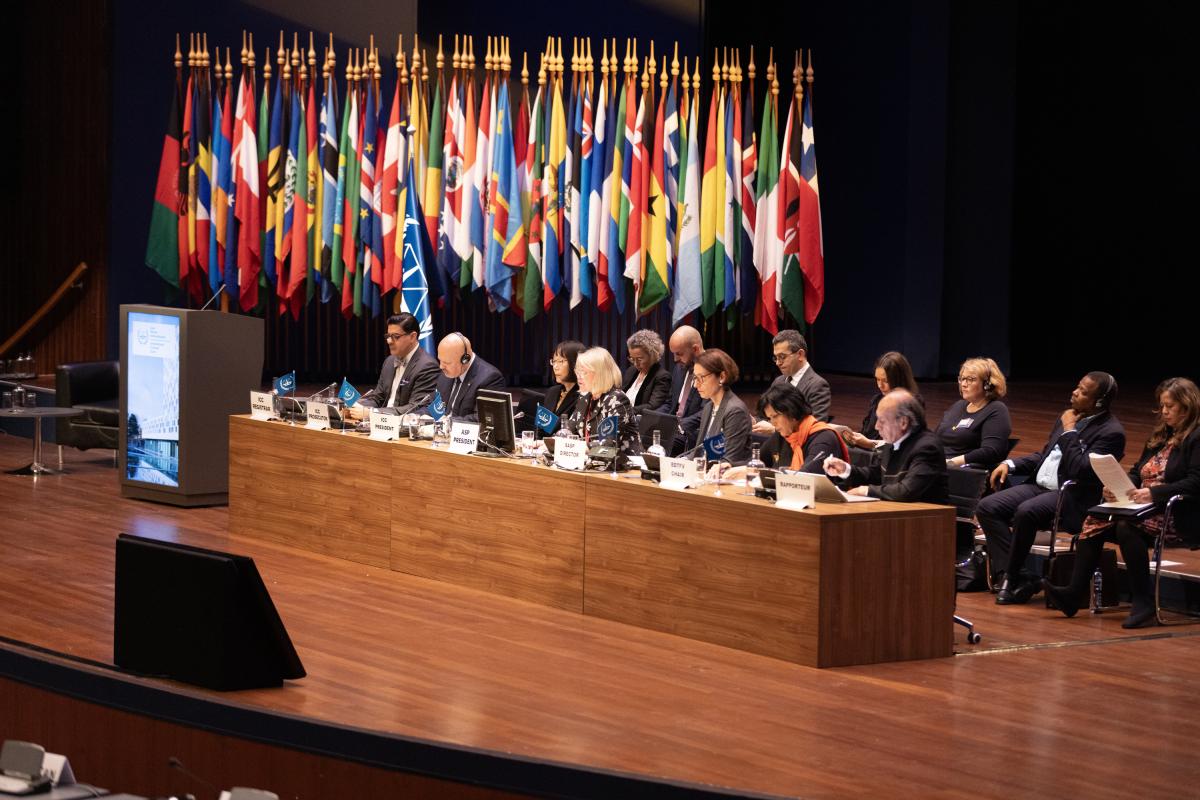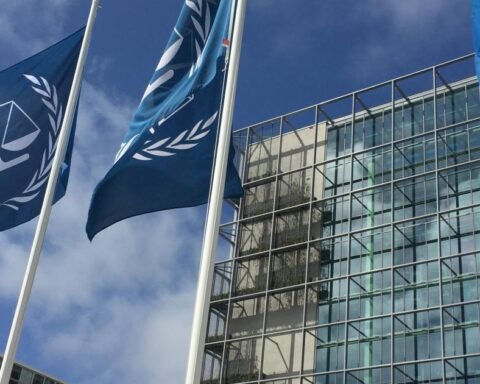The International Criminal Court (ICC) is in the process of drafting a new policy to address crimes committed or facilitated through digital technology.
Recognizing how modern technology has transformed the nature of crime, the ICC’s Office of the Prosecutor aims to create clear guidelines for investigating these complex cases.
In response, Human Rights Watch, a prominent international human rights organization, has shared its concerns and recommendations regarding the draft policy. The group stresses the importance of ensuring transparency and upholding fundamental human rights during investigations that involve digital tools and evidence.
Digital crimes such as cyberattacks, unauthorized surveillance, and online harassment have become increasingly widespread and sophisticated. Human Rights Watch warns that without strict rules and safeguards, the use of digital evidence might infringe on privacy rights and due process for victims and suspects alike.
Also Read; Hungary Strengthens Ties with China, Sparking EU Concerns
The organization calls for clear limits on data collection, stringent oversight, and accountability mechanisms to prevent misuse of technology during investigations. They emphasize that respecting data privacy must be a central part of any policy the ICC adopts.
This consultation is part of a broader effort by the ICC to involve governments, civil society, and legal experts in shaping policies that balance effective justice with the protection of individual rights. As technology continues to evolve rapidly, international institutions face the challenge of adapting their legal frameworks to meet new realities.
Human Rights Watch’s input reflects the need for a careful, rights-based approach to digital crimes, ensuring that the pursuit of justice never comes at the cost of violating fundamental freedoms.?







